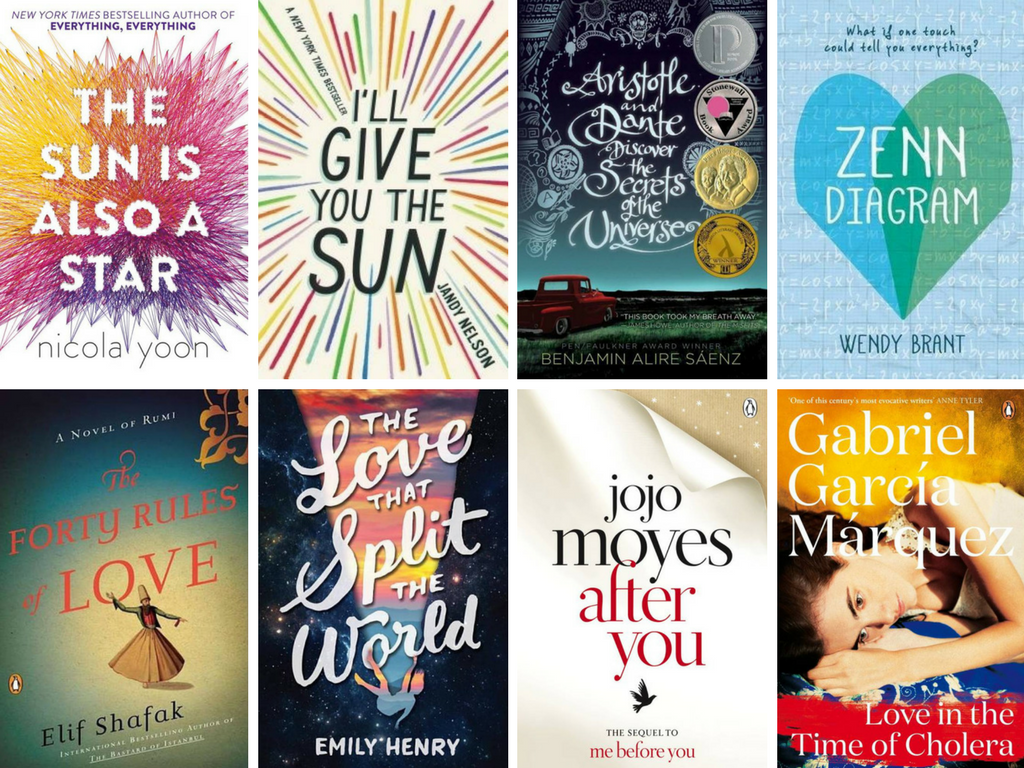Q 1 What inspires you to write? A piece of advice for aspiring writers.
For me, writing is a blend of inspiration and discipline. Sometimes inspiration strikes from the smallest moments—a fleeting emotion, a curious observation, or a powerful idea. Other times, it comes from diving deep into research or immersing myself in the works of other writers. But inspiration alone isn’t enough; discipline is what turns inspiration into a finished piece.
My advice for aspiring writers is to cultivate both inspiration and discipline. Allow yourself to be inspired by the world around you, by the stories waiting to be told, and by the emotions bubbling within you. But also, commit to a regular writing routine. Set aside time each day or week to write, even when you don’t feel inspired. It’s through this regular practice that you’ll hone your craft and turn your inspiration into something tangible.
And remember, writing is a journey. Be patient with yourself, celebrate your successes, and learn from your failures. Keep pushing forward, and never stop learning and growing as a writer.
Q 2 What are some of your life’s passions?
Sure! I love exploring how we use words to express ourselves. Understanding why people do what they do fascinates me. Being creative in writing, art, or anything else excites me. And sharing stories brings people together, which I find rewarding.
Q 3 Do you believe that a writer’s needs to have strong emotions?
It can help if a writer has strong feelings because it adds depth to their writing. But it’s not a must-have. Writers use all sorts of experiences, including emotions, to create stories. Understanding feelings and being able to empathize with others also makes writing more powerful and relatable.

Q 4 What themes or subjects do you often find yourself drawn to in poetry?
I’m often drawn to themes of love, nature, and self-reflection in poetry. Love can evoke powerful emotions and imagery, while nature offers endless inspiration and symbolism. Self-reflection delves into the depths of human experience, exploring identity, growth, and the complexities of the human psyche.
Q 5 Describe a lesser-known aspect of Ajit.
Beyond writing, I have a deep appreciation for the culinary arts. Experimenting with flavors and creating new dishes is a hobby of mine that provides a refreshing break from the busy world.
Q 6 How do you balance your life and find time to write?
Balancing life and writing is about prioritizing and scheduling. I carve out dedicated time for writing each day, whether it’s early in the morning or late at night. I also make sure to take breaks and spend quality time with loved ones, ensuring a healthy balance between my passion and personal life.
Q 7 Are there specific messages or feelings you hope your readers take away from your book?
In “Nocturnal Reflection: Empowering Mind at Night,” I delve into the concept of making nighttime productive. I encourage readers to see the night as a time of opportunity rather than idleness. By setting intentions, engaging in focused activities like journaling or creative pursuits, and cultivating a peaceful environment, readers can harness the quiet hours to enhance their productivity and personal growth. Ultimately, the book aims to inspire readers to utilize the night as a valuable resource for self-improvement and fulfillment.
Q 8 Tell us more about the book.
In writing “Nocturnal Reflection: Empowering Mind at Night,” I delved deep into the subject of night time productivity and reflection. While the book mainly revolves around my personal experiences and insights, I also drew upon extensive research and inspiration from various sources. Throughout the writing process, I incorporated quotes from renowned thinkers and included interactive exercises to engage readers in their nocturnal journey. Real-life examples and anecdotes further enriched the narrative, offering diverse perspectives on the power of nighttime empowerment.
Q 9 Given the complex publishing process in India, what was your experience?
As a writer navigating the publishing process in India, I encountered both challenges and rewarding moments. The process involved meticulous attention to detail, from manuscript preparation to finding the right publisher. Securing a publisher willing to take a chance on a debut work required persistence and patience. Additionally, understanding the nuances of the Indian publishing industry, such as regional preferences and market dynamics, was crucial for success. Despite the complexities, seeing my book come to life and connect with readers made the journey immensely fulfilling.
Buy the book from : http://surl.li/tnvzz





















